In the CSAPP book Section 12.3, They said..
The thread terminates explicitly by calling the pthread_exit function. If the main thread calls pthread_exit, it waits for all other peer threads to terminate and then terminates main thread and the entire process with a return value of thread_return.
However in the man page of pthread_exit : https://man7.org/linux/man-pages/man3/pthread_exit.3.html
Performing a return from the start function of any thread other than the main thread results in an implicit call to pthread_exit(), using the function's return value as the thread's exit status.
To allow other threads to continue execution, the main thread should terminate by calling pthread_exit() rather than exit(3).
Two descriptions about pthread_exit are different. First one said main thread will wait for peer but not on second.
Therefore I write a code to ensure correct property.
(I borrow some code lines from When the main thread exits, do other threads also exit?)
(Thanks to https://stackoverflow.com/users/959183/laifjei)
Since pthread_cancel is called before pthread_exit, main thread cancel t1 thread successfully and the result is like,,
However, when I modify a code as '42 line -> add //' and '44 line -> delete //', main thread cannot cancel t1 since it was already terminated. Therefore the following result is looks like,,
Finally, I conclude that man page's property is correct. Am I right?
Why does CSAPP book said that "it waits for all other peer threads to terminate"?


